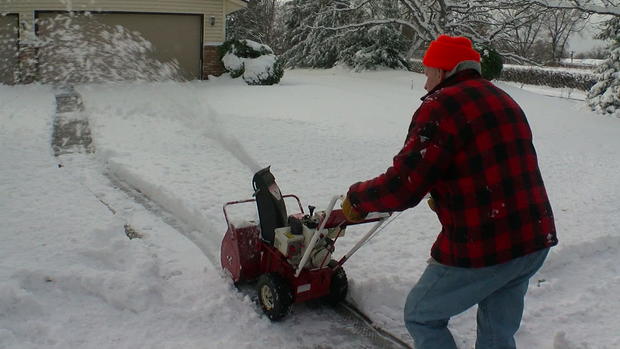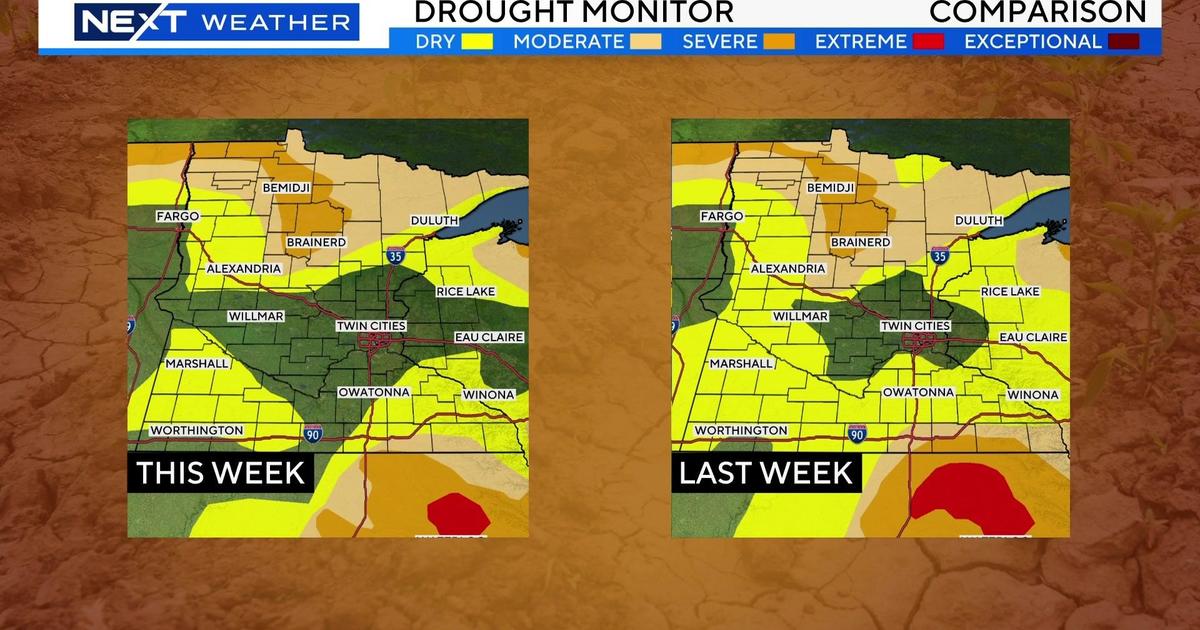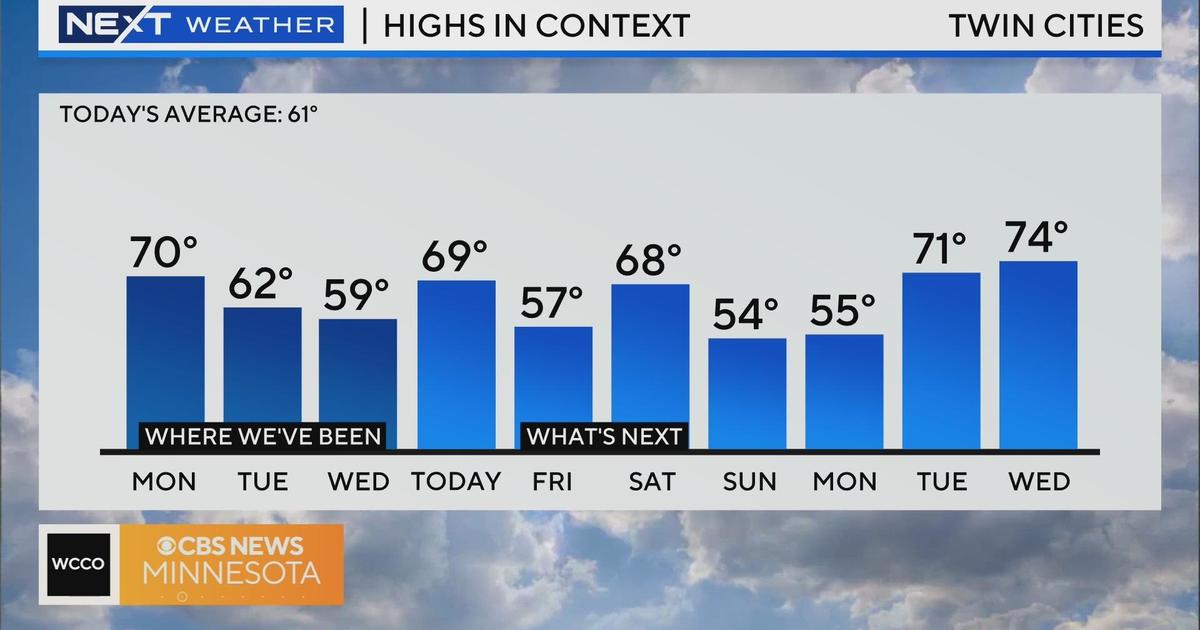From Record Snow To December Tornadoes, 'Unusual' And Extreme MN Weather Driven By Climate Change
MINNEAPOLIS (WCCO) -- From record-setting snowfall and record warmth, to the first-recorded tornadoes in December, it was an unprecedented week of weather in Minnesota.
But it was just a small part of an extreme weather week nationwide.
The chaos began just over a week ago, on the evening of Dec. 10 into the early hours the next morning, when a powerful storm that brought Minnesotans snow spun up 59 tornadoes, mainly across Arkansas, Tennessee, Missouri and Kentucky.
Several tornadoes traveled over 120 miles through multiple states, with winds estimated to be between 160 and 190 mph.
In Minnesota, up to 21 inches of snow fell just east of St. Paul, while only an inch-and-a-half fell in Big Lake, just 40 miles away. The storm set a new daily snowfall record in the Twin Cities, with 11.8 inches total.
By Monday and Tuesday, a firehose of moisture called an "atmospheric river" took aim at the West Coast. The Los Angeles Basin experienced flooding and mudslides, while the Sierra Nevada Mountains to the west received as much as 6 feet of snow.
By Wednesday, that same system was raking the Rockies and the Plains with 75 to 100 mph wind gusts that kicked up dust storms from western Colorado to Kansas. It then produced 617 storm damage reports, including the first December tornadoes on record in Minnesota.
NASA's senior advisor on climate, Dr. Gavin Schmidt, said the series of storms nationwide have been "unusual."
"Right now we have, you know, a warm Gulf of Mexico that's still warm, even though we're kind of moving into winter, and we have, you know, these kind of Arctic ... air masses colliding, so that's an unusual situation," Schmidt said.
Without slashing global greenhouse gas emissions, the oceans and planet will continue to warm in the years to come.
Schmidt said that warmer climate could lead to more tornadoes, though he added that it wouldn't be the "dominant feature" of climate change in the Midwest.
But nationwide, intense rainfall, atmospheric rivers and anomalous heat all have a "quite a clear climate fingerprint," he said.




